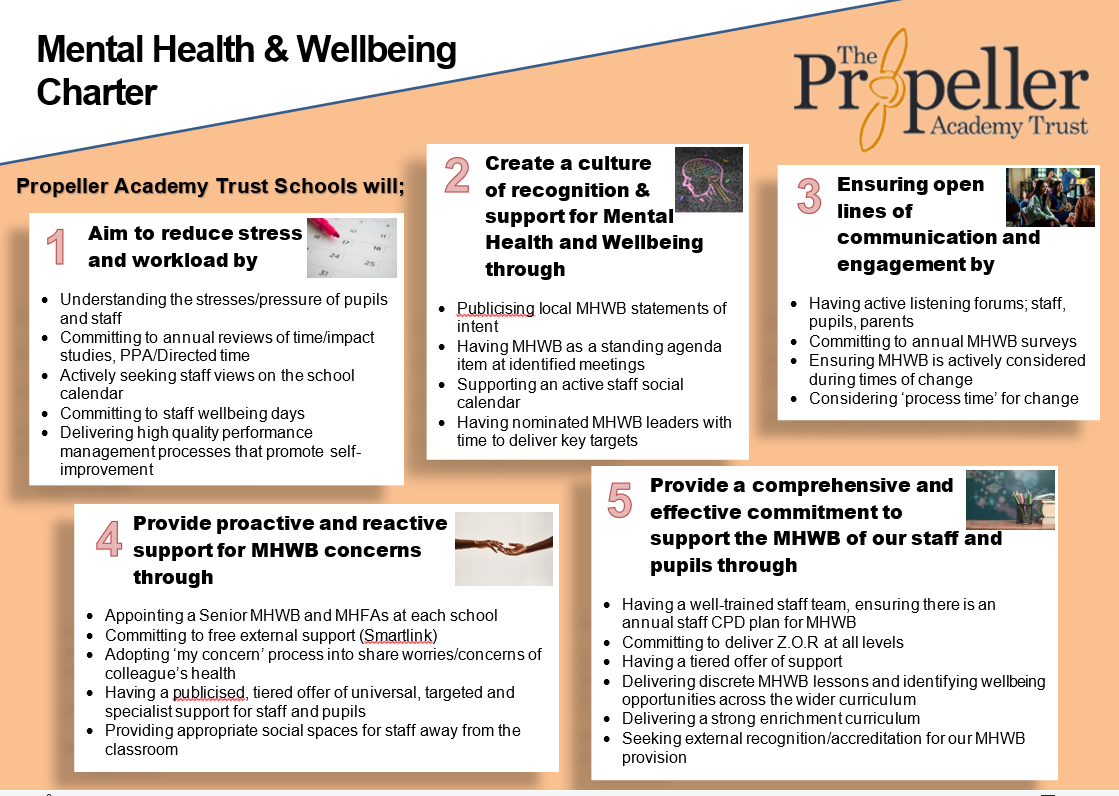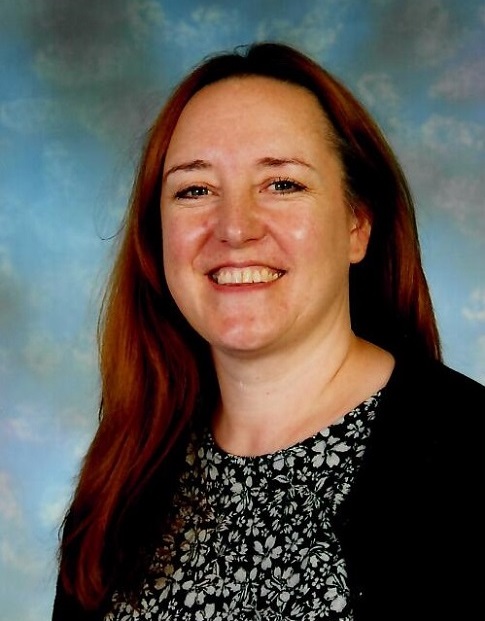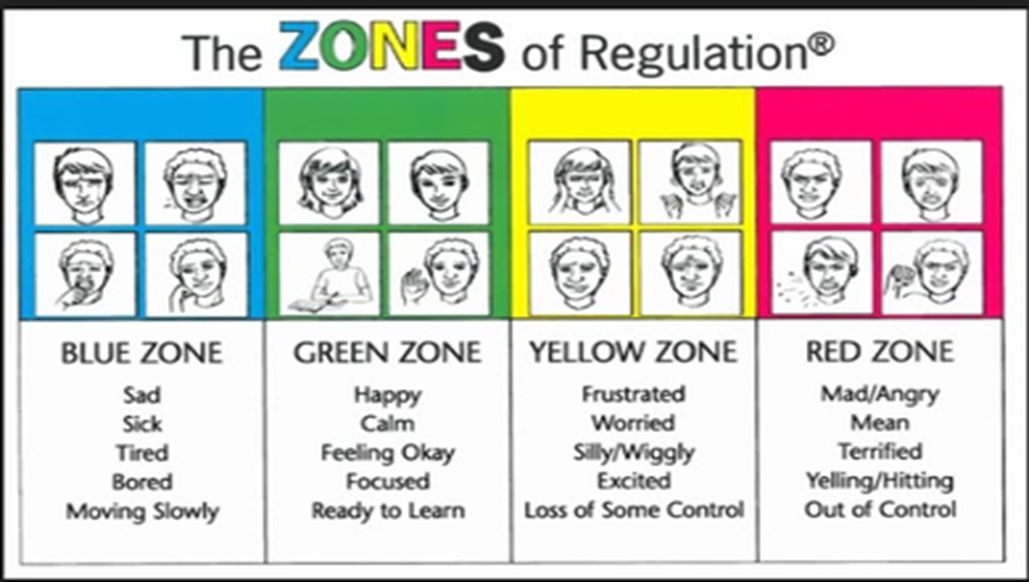Wellbeing and Keeping Safe
Statement of Intent
At Kingfisher School we are committed to supporting the positive mental health and well-being of our pupils, staff and the whole school community. We aim to equip our young people and staff with the skills and knowledge to empower themselves. We aim to build resilience and to support people to develop their sense of self-worth and self-identity through developing confidence, embracing and celebrating who they are as a person. We will ensure that we recognise, reward and celebrate success. Through our Personal, Social and Health Education (PSHE) curriculum we support young people to understand their emotions and thoughts. We support them by developing social skills and communication so that they can interact, form and go on to build meaningful relationships.
We promote self-esteem ensuring that they feel valued and their views and opinions count and matter.
At Kingfisher School we aim to create a whole school environment where all members of our community are actively listened to and appropriate support is accessible to all.

Meet the Team
Over time we will be expanding our team and will introduce new members as they come on board.
Tess Whitehead
Hi, I’m Tess. I am the Mental Health and Wellbeing Lead (MHWB) for Kingfisher School. I work proactively alongside the Deputy Headteacher/Pastoral Lead and Senior Leadership Team to create and promote an approach to supporting good mental health and wellbeing across the whole school community. In particular I offer support to the pupils and Staff.
Kate Downes

Hello, I’m Kate. I am the Deputy Headteacher/Pastoral Lead at Kingfisher. I support Tess to ensure that her work as a MHWB Lead has an impact across the whole school and that as a team we have the authority, capacity and ability to influence and lead strategic change.
Lisa Upcott
awaiting information
What are the Zones of Regulation?
The Zones of Regulation is a systematic framework designed to help individuals, especially children, understand and manage their emotions, sensory needs, and self-regulation skills. This framework categorises emotions and states of alertness into four colour-coded zones, each representing a different level of emotional intensity and self-regulation.
Sorting Our Emotions Into Four Zones Feelings are complicated. They come in different sizes, intensities, and levels of energy that are unique within our brains and bodies. To make them easier to talk about, think about, and regulate, The Zones of Regulation organizes our feelings, states of alertness, and energy levels into four coloured Zones – Blue, Green, Yellow, and Red. The simple, common language and visual structure of The Zones of Regulation helps make the complex skill of regulation more concrete for learners and those who support them.
We learn to regulate our Zones to meet our goals and task demands, as well as support our overall well-being. All the Zones are Okay A core belief of The Zones of Regulation is that all the Zones are okay. We routinely experience several of the Zones across a day.
It’s critically important that we don’t convey the message that the Green Zone is the only acceptable Zone to be in. Acknowledge, accept, and support never make anyone feel like the Green Zone is the norm.

At Kingfisher, each pupil has their own bespoke PLUME – ‘Plan For Understanding My Emotions’. This is a child centred, empowering way of supporting children to manage their own emotional wellbeing and associated behaviours and our PLUMES link directly to the wider work of Zones of Regulation.
Emotional Literacy Support Assistant
At Kingfisher we have the support of an Emotional Literacy Support Assistant. An ELSA is a trained, school-based learning support assistant. Their role is to support the emotional well-being of pupils. ELSAs receive training from educational psychologists and participate in ongoing group supervision. They work with children and young people, helping them develop emotional literacy, cope with life’s challenges, and find solutions to problems. Some areas ELSAs assist with include loss and bereavement, self-esteem, social skills, anxiety, bullying, and emotional regulation. Their interventions are typically short-term, lasting from half a term to a full term, with specific, measurable goals.
At Kingfisher the ELSA role is currently carried out by Tess.
Resources to support positive Mental Health
Happier Kinder Together | Action for Happiness
Domestic Abuse Pathways
This is a link to the Domestic Abuse Pathway

 Academy Trust
Academy Trust